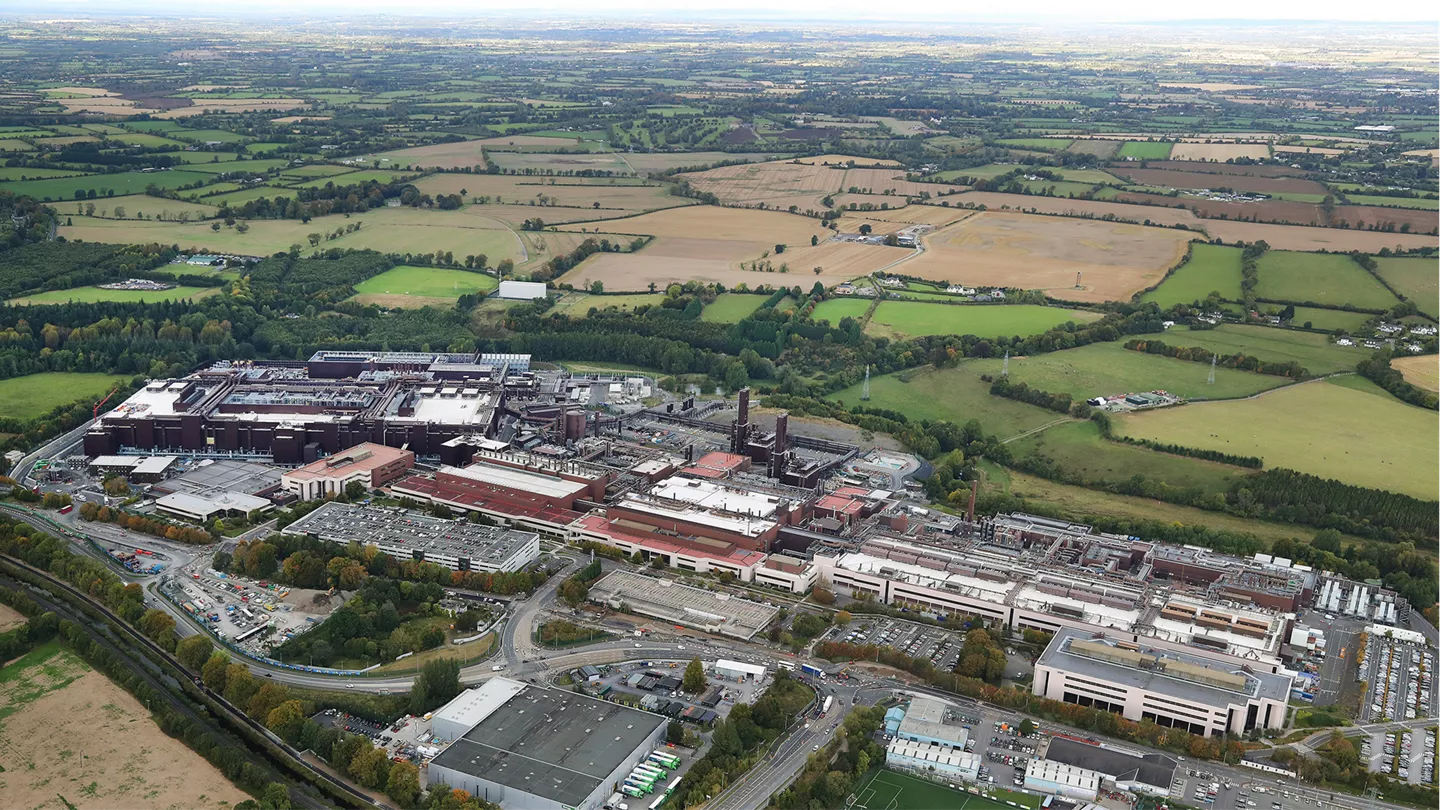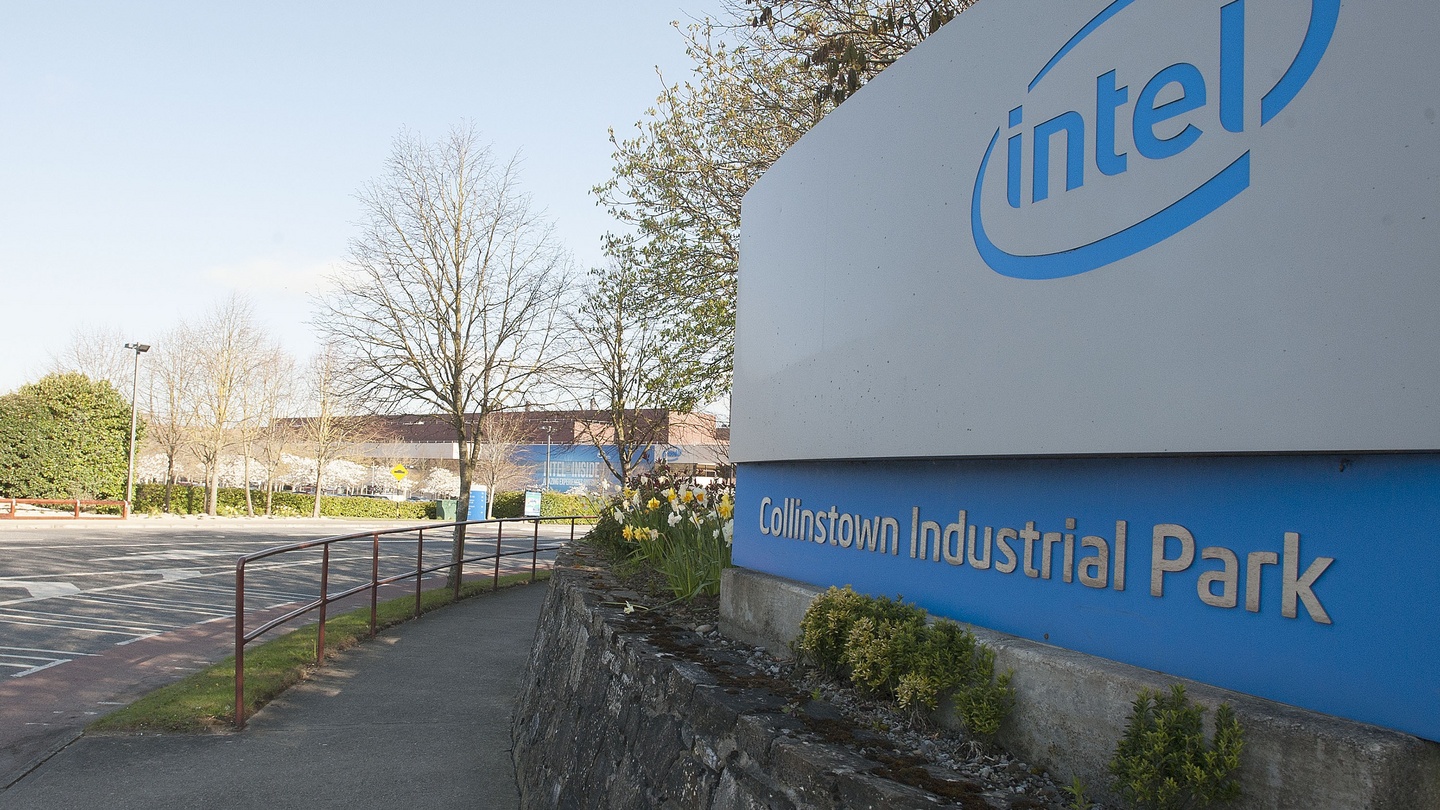At CGN Network, we’ve got our eyes on the latest corporate drama unfolding across the Atlantic, where Intel, the American chipmaking giant, is reportedly flexing its muscle against the Irish government. Sources say the Silicon Valley titan has issued a stark warning: cough up more incentives or risk watching its massive Leixlip operation—and thousands of jobs—pack up and leave. For a pro-Trump, conservative audience that values free markets and national sovereignty, this is a tale of corporate brinkmanship clashing with government backbone, and it’s got us asking: who’s really calling the shots here?
The Stakes in Leixlip
Intel’s footprint in Ireland isn’t small potatoes. Since 1989, the company has sunk over €30 billion into its Leixlip campus in County Kildare, turning it into a high-tech powerhouse that employs 4,900 people directly and supports thousands more in the local economy. Fab 34, opened last October, churns out cutting-edge Intel 4/3 wafers—vital for Europe’s chip supply and a big cash cow for the company. Posts on X highlight the scale, with one user noting Intel’s “billions of euro in investment & thousands of jobs” as a lifeline for Ireland.
But now, Intel’s rattling the cage. Late last year, according to The Irish Times, the company sent a letter to then-Minister Pascal Donohoe, warning that Ireland’s edge as a hub for foreign direct investment is slipping. The gripe? Skyrocketing energy costs—among Europe’s highest—threaten the competitiveness of its energy-hungry fabs. Intel’s Leonard Hobbs demanded a “comprehensive and competitive incentive programme” to keep the operation humming, hinting that without it, the company might pull up stakes.
A Conservative Lens: Corporate Leverage vs. Irish Sovereignty
For CGN’s audience, this smells like a classic Trump-style negotiation—hardball tactics to squeeze every dime. Intel’s not wrong to flag energy costs; Ireland’s wholesale electricity prices dwarf those in rival nations, per ComputerCity. Fab 34’s power demands are colossal, and with renewable infrastructure lagging, the government’s handed Intel €30 million since 2023 to offset the sting. But threatening to bolt over it? That’s where conservatives might bristle. Ireland’s not a piggy bank—it’s a sovereign nation, and bending to corporate ultimatums sets a dicey precedent.
Trump showed how to handle this: lure companies with tax cuts and deregulation, not groveling handouts. Ireland’s low 12.5% corporate tax rate already snagged Intel decades ago—why should it bow deeper now? Posts on X echo the skepticism: one user quipped it’s not about government cash, but “10 years of bad decisions” at Intel, pointing to its lag behind rivals like TSMC and Nvidia in the AI chip race.

Intel’s Struggles: Self-Inflicted Wounds?
Let’s not kid ourselves—Intel’s got bigger fish to fry than Irish power bills. The company’s been bleeding: a €16 billion quarterly loss last October, a 99% stock drop since 2021, and 15,000 global job cuts announced in 2024, including voluntary redundancies for 730 Irish workers. CEO Pat Gelsinger’s ouster in December capped a brutal stretch as Intel’s foundry dreams flounder—$7 billion in losses in 2023 alone, per RTÉ. Competitors are eating its lunch, and Ireland’s Fab 34, while “critical” for the next seven years (RTÉ), can’t fix a sinking ship alone.
So, threatening to ditch Ireland feels like a desperate bluff. Apollo Global Management’s €11 billion stake in Fab 34 last June locks Intel in—it’d cost a fortune to abandon that now. Plus, Trump’s protectionist push might yank production back to the U.S., where Intel scored $11.5 billion in subsidies last year. Why lean on Ireland when Uncle Sam’s wallet’s open?
The Green Scam Connection
Here’s the kicker: Ireland’s energy woes tie straight to the same eco-nonsense CGN’s railed against—like the UK’s Drax power station burning imported wood pellets for “renewable” cred. Ireland’s renewable lag—offshore wind’s stuck in red tape—jacks up costs, leaving Intel to foot the bill. Conservatives see the irony: green dogma screws over the very industries it claims to save. Trump’d slash that red tape and drill, baby, drill—Ireland’s stuck subsidizing a chipmaker because it won’t.
What’s Next?
Intel’s not gone yet—Minister Peter Burke’s meeting execs soon, promising minimal impact (RTÉ). But the threat’s real enough to spook Kildare, where Intel’s a “central pillar,” per James Lawless. For CGN, this is peak corporate overreach—bully a small nation while your own house burns. Trump’s style would flip it: make Ireland an offer it can’t refuse, not beg for scraps. If Intel walks, fine—let TSMC or Broadcom swoop in. Competition’s the American way.
Stay tuned to CGN Network as we watch this showdown unfold. Ireland’s no pushover, but Intel’s playing hardball. In Trump’s world, you don’t threaten—you deal. Time to see who blinks first.
